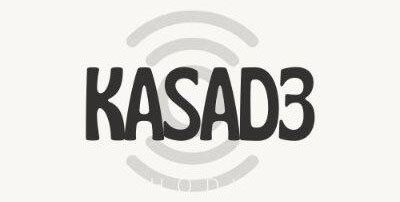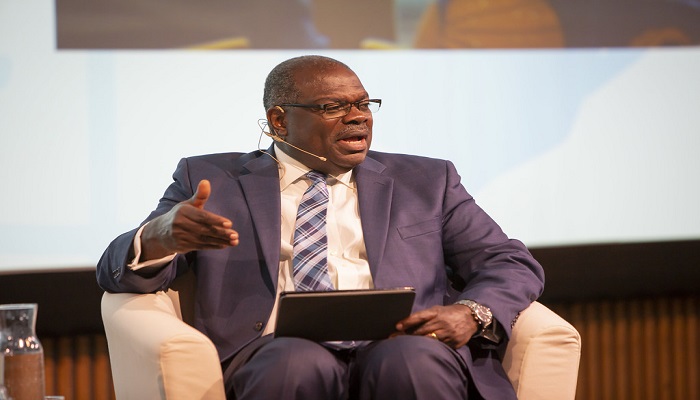Ghana’s Over-reliance on Bretton Woods Institutions
Ghana's Over-reliance on Bretton Woods Institutions
Professor Ernest Aryeetey criticizes Ghana’s over-reliance on Bretton Woods institutions like the World Bank for policy direction, urging for domestic economic ownership and sustainable reform.
Ghana’s Economic Policy: Professor Aryeetey Condemns Over-Reliance on Foreign Institutions
In a powerful and timely critique, Emeritus Professor Ernest Aryeetey, the former Vice Chancellor of the University of Ghana, has openly condemned the nation’s persistent dependence on external bodies for its economic blueprint.
Specifically, he has criticized Ghana’s over-reliance on Bretton Woods institutions, arguing that this habit has stunted the country’s long-term progress. Consequently, he is urging successive governments to finally take full ownership of Ghana’s economic reform agenda.
A Call for Domestic Policy Ownership
Professor Aryeetey’s central argument hinges on the concept of local ownership. He asserts that for decades, Ghana has repeatedly turned to the International Monetary Fund (IMF) and the World Bank for policy guidance and financial bailouts.
However, this strategy has yielded minimal sustainable benefits. Instead of fostering independent, homegrown solutions, this approach has often resulted in a cycle of austerity and reforms that fail to address the unique nuances of the Ghanaian economy. Therefore, the eminent economist insists that real, lasting development can only spring from policies conceived and driven by Ghanaians themselves.
The Cycle of Dependency and Its Consequences
The professor’s criticism highlights a frustrating pattern for many developing nations. First, a government faces economic headwinds, such as currency depreciation or mounting debt. Next, it seeks a rescue package from a Bretton Woods institution. Subsequently, these institutions impose strict conditionalities—often involving subsidy removals, tax increases, and spending cuts—in exchange for funds.
While these measures may offer short-term stabilization, they frequently lead to social hardship and rarely build the resilient, innovative economic base needed for genuine prosperity. As a result, when the next crisis hits, the country finds itself back at the negotiating table, perpetuating a cycle of dependency.
Charting a New Path Forward
So, what is the alternative? Professor Aryeetey’s message is fundamentally a call to action. He advocates for a decisive shift towards building robust local institutions and empowering domestic economic experts.
By leveraging homegrown talent and a deeper understanding of local industries and social structures, Ghana can design policies that are not only fiscally sound but also socially equitable and politically sustainable. Furthermore, this self-reliant approach would foster greater accountability among leaders, as they could no longer attribute difficult policies solely to external creditors.
Ultimately, Professor Aryeetey’s critique serves as a crucial wake-up call. While international partnerships remain valuable, they must not replace a sovereign, visionary national economic strategy. The path to a prosperous Ghana, he implies, does not lead back to the boardrooms of Washington D.C., but must be paved with the ingenuity and resolve of its own people.



